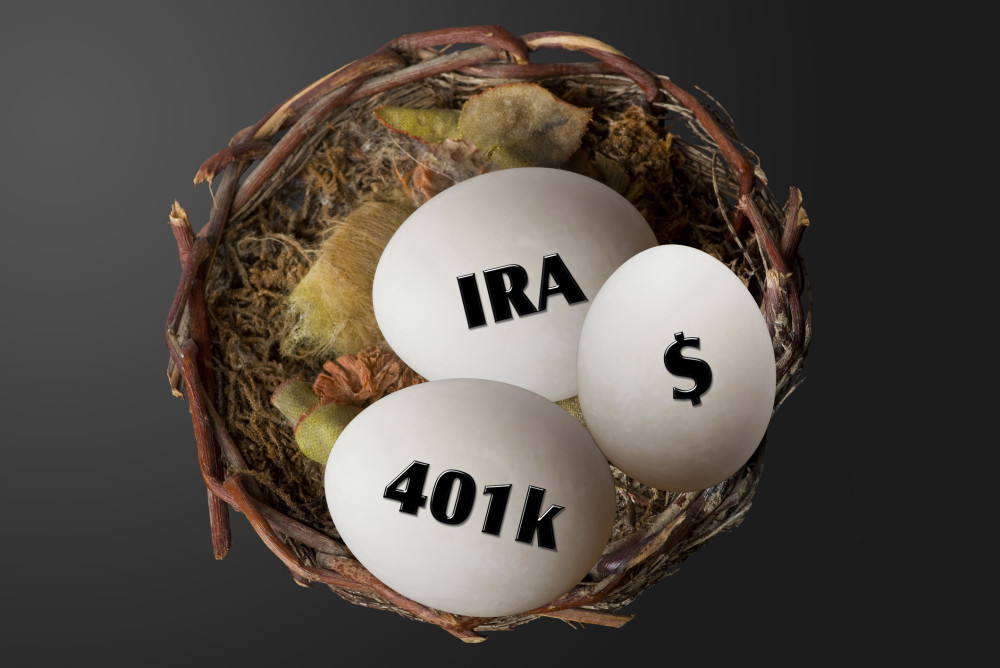By Gail MarksJarvis
Chicago Tribune.
In a stark contrast between the sexes, most women are worried about retiring and having enough money, while only about a third of men share their concerns, according to a recent survey.
About 54 percent of women say they are “very concerned” about retiring, and only 34 percent of men are worried, a national survey conducted by Greenwald & Associates for the Insured Retirement Institute has found.
The study’s findings are similar to others, which consistently show women more worried about their finances than men.
A previous study done by Allianz Life Insurance found that almost half of women earning more than $100,000 worry about ending up as “bag ladies.”
Academic research also has found women tend to worry more than men on a variety of topics, not just finance. But the Greenwald survey did identify particular areas of financial uncertainty that are far greater among women than men.
Women, more than men, are concerned that they haven’t been saving enough, that their investments will decline in value, that they don’t know how to pick the best investments, and that their family debts are too high.
Despite all the concerns about the future, a majority of both men and women have plans that will intensify their fragility in retirement. They plan to retire earlier than full retirement age, with a third planning to retire before age 65, according to the survey.
“This indicates some level of wishful thinking on the part of respondents,” said Cathy Weatherford, chief executive of the Insured Retirement Institute, an association of brokers, insurers and asset managers. “They have definite ideas about when they want to retire, but do not have much confidence in being able to make it happen.”
Full retirement age for today’s workers is 66 or 67. Retiring earlier than that requires people to start depleting their savings sooner than they should if savings are modest, and it also reduces the size of their Social Security monthly benefits.
The survey showed that people know they need to be saving more, but their biggest deterrent is “finding things to cut back on.” Thirty-six percent of women and 31 percent of men described that challenge.
Both men and women expressed concern about paying bills, paying off debt and the risks they would face if their investments lose value. But 63 percent of women were concerned about the level of their family debts and having enough money to pay bills, compared to only 48 percent of men. About 62 percent of women were worried about losing money on their investments compared to 53 percent of men.
Only 42 percent of men think they are successful with investing, and only 43 percent are confident about financial planning.
Women are especially skeptical of their abilities, with only 37 percent of women confident that they are successful with financial planning or investing.
Both men and women are doubtful about finding reliable advice. Only a third of them said they’ve been successful selecting a financial adviser.
Few women, compared to men, describe themselves as a “do-it-yourselfer” on handling finances. While 39 percent of women see themselves as equal partners with a spouse or partner, as they handle investing decisions, men don’t see women participating as actively. Three in 10 men believe their spouse or partner “wants them to handle everything.”
The one area where both genders think they shine is “managing the household budget,” with 61 percent of both calling themselves successful.
Weatherford said their confidence “is quite interesting given how worried they are about having enough money to pay bills and feeling behind schedule on saving for retirement.”














































































































































































































































































































































































